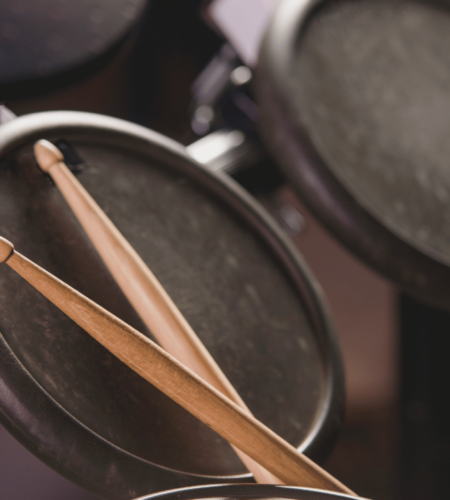Learning a musical instrument is rewarding and an excellent way of expressing creativity. Two popular instruments…
Do you have a guitar and need to find its serial number? It’s important because it…
Do you like playing drums, but worry about noise? It’s tough to find a quiet space…
Music production and audio recording are now more accessible than ever. Artists can choose to set…
Music is a language that connects people and brings forth emotions. Guitar players express themselves through…
As a beginner, finding the right guitar can be overwhelming. Many brands are available, so it’s…
Your guitar is essential as a guitarist; it’s your source of creativity, passion, and income. But…
Choosing the right guitar size is crucial for all skill levels. It affects your playing experience,…
It’s important to pick the right guitar size for kids to help them progress in music….
There’s nothing worse than a wet guitar. Whether it’s from a spill, rain, or high humidity,…










